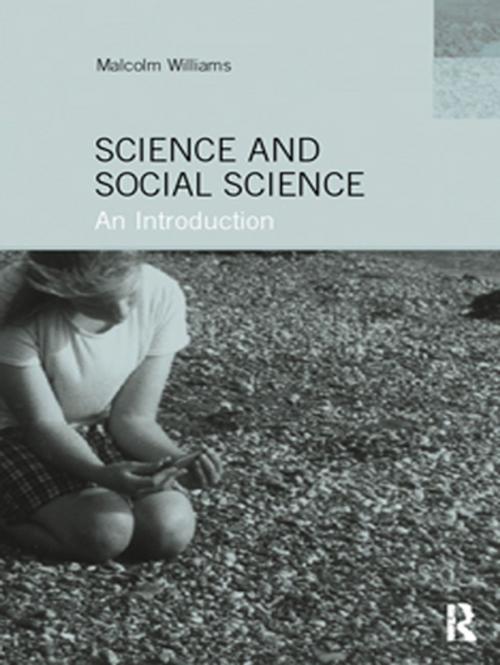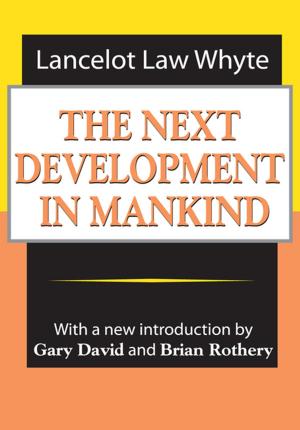Science and Social Science
An Introduction
Nonfiction, Social & Cultural Studies, Social Science, Sociology| Author: | Malcolm Williams | ISBN: | 9781134647811 |
| Publisher: | Taylor and Francis | Publication: | October 2, 2012 |
| Imprint: | Routledge | Language: | English |
| Author: | Malcolm Williams |
| ISBN: | 9781134647811 |
| Publisher: | Taylor and Francis |
| Publication: | October 2, 2012 |
| Imprint: | Routledge |
| Language: | English |
Is social science really a science at all, and if so in what sense? This is the first question that any course on the philosophy of the social sciences must tackle. In this brief introduction, Malcolm Williams gives students the grounding that will enable them to discuss the issues involved with confidence. He looks at:
* The historical development of natural science and its distinctive methodology
* the case in favour of an objective science of the social which follows the same rules
* The arguments of social constructionists, interpretative sociologists and others against objectivity and even science itself
* recent developments in natural science - for instance the rise of complexity theory and the increased questioning of positivism - which bring it closer to some of the key arguments of social science.
Throughout, the book is illustrated with short clear examples taken from the actual practice of social science research and from popular works of natural science which will illuminate the debate for all students whatever their background.
Is social science really a science at all, and if so in what sense? This is the first question that any course on the philosophy of the social sciences must tackle. In this brief introduction, Malcolm Williams gives students the grounding that will enable them to discuss the issues involved with confidence. He looks at:
* The historical development of natural science and its distinctive methodology
* the case in favour of an objective science of the social which follows the same rules
* The arguments of social constructionists, interpretative sociologists and others against objectivity and even science itself
* recent developments in natural science - for instance the rise of complexity theory and the increased questioning of positivism - which bring it closer to some of the key arguments of social science.
Throughout, the book is illustrated with short clear examples taken from the actual practice of social science research and from popular works of natural science which will illuminate the debate for all students whatever their background.















